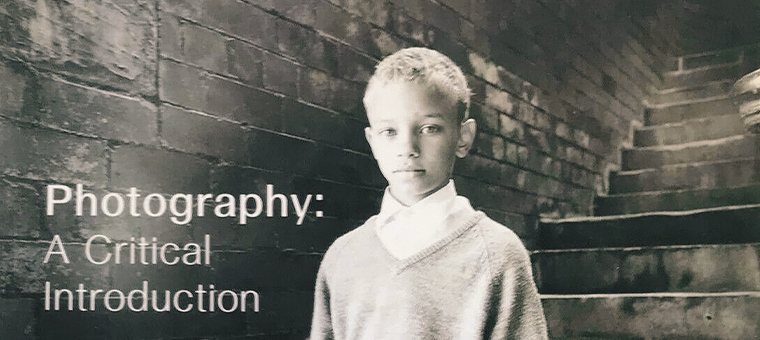The book “Photography: A Critical Introduction” stands as a pivotal work in art theory, addressing significant themes in photography from social, cultural, and political perspectives. It critiques the historical evolution and contemporary growth of photography throughout the 20th and 21st centuries, with a particular focus on documentary, journalism, fine art, and personal photography. Primarily crafted for students of art theory, particularly those specializing in photography at undergraduate and graduate levels, this book provides a cohesive exploration of photography’s essence in the modern era. Although not specifically aimed at general photography enthusiasts, the discussions in this book offer valuable insights for anyone actively involved in various branches or styles of visual arts, especially photography.
What Is “Photography: A Critical Introduction” About?
The transformation and evolution of photography’s identity serve as the central theme of “Photography: A Critical Introduction.” Most discussions revolve around significant events and trends from the 21st century. Thus, readers are advised to familiarize themselves with the historical, social, and artistic contexts of photography beforehand, as the topics discussed may otherwise seem obscure and ambiguous without such knowledge.
Sally Miller, a senior lecturer in photography at the University of Brighton, remarked following the sixth edition’s release: “‘Photography: A Critical Introduction’ consistently tops photography students’ reading lists, loyally presenting key historical, theoretical, and practical concepts with practical examples and comprehensible analyses.”
Authors of the Book
All authors of “Photography: A Critical Introduction” are prominent scholars from renowned British universities, actively contributing to art theory, photography, and social sciences. The collaboration among five seasoned authors, guided by skilled editorial oversight, ensures comprehensive and clear communication of topics with minimal ambiguity. Brief introductions of the editor and contributing authors follow:
Liz Wells: Editor of “Photography: A Critical Introduction,” Wells is a professor at Plymouth University’s Faculty of Arts in England and a member of the U.S. Society for Photographic Education. She has dedicated much of her career to teaching photography history and theory and actively explores contemporary photography’s evolving challenges through exhibitions and publications.
Michelle Henning: An English art director and designer currently serving as Professor of Communication and Media at the University of Liverpool. She has authored various books and articles on media, cultural theories, and photography.
Patricia Holland: A writer, university professor, and filmmaker, Holland has published extensively on photography, television, and cultural studies.
Martin Lister: An art historian and Professor of Visual Culture at the University of Bristol, England, Lister focuses on teaching photography and writing scholarly articles about digital photography culture.
Derrick Price: A historian and cultural researcher, Price has published numerous papers on photography and film.
Anandi Ramamurthy: A professor of Media and Culture at Sheffield Hallam University, England, Ramamurthy specializes in researching race and racism in media and cultural contexts.
Excerpt from the Book
Postmodernism is a critical philosophical term subject to extensive debate, first emerging in the mid-1980s. Defining it is challenging due to its wide-ranging applicability across numerous fields. Generally, postmodern theorists argue that modernity has ended, replaced by a new societal structure profoundly transforming numerous life aspects. This social restructuring arose chiefly due to global information networks, facilitating the free exchange of capital, ideas, information, and images worldwide, consequently weakening national boundaries and reshaping interactions globally. Notably, postmodernism posits concepts such as “the end of history,” echoing Jean-François Lyotard’s assertion that overarching meta-narratives—previously providing life’s meanings—no longer govern us. Marxism, for example, provided a materialist philosophical framework for understanding all political and social phenomena through class struggle (Lyotard, 1985).
This critique also claims a significant transformation in our identity. Enlightenment philosophy in the 18th century viewed humans as stable, rational subjects, whereas postmodernism, similar to modernism, argues that we are, instead, decentralized subjects.





